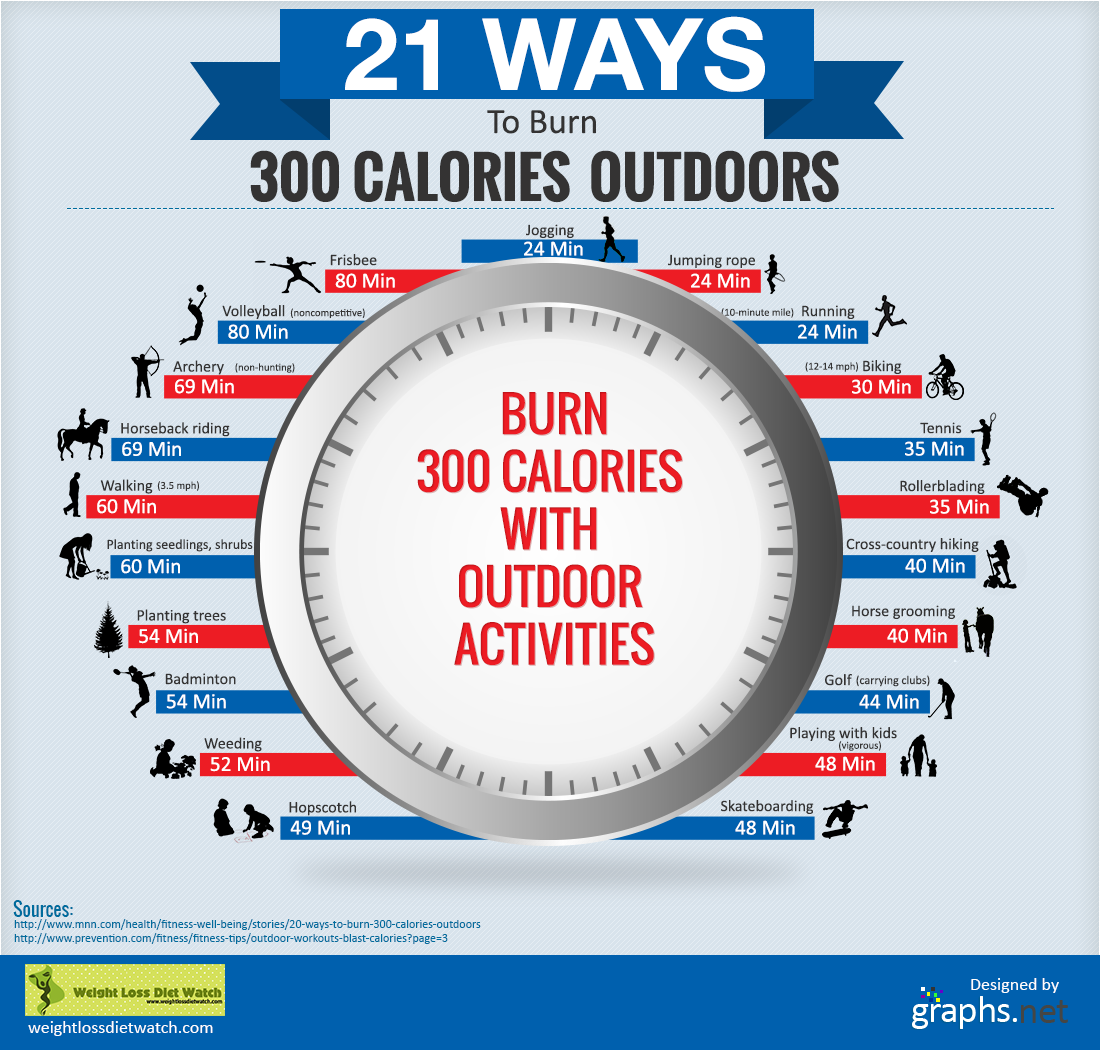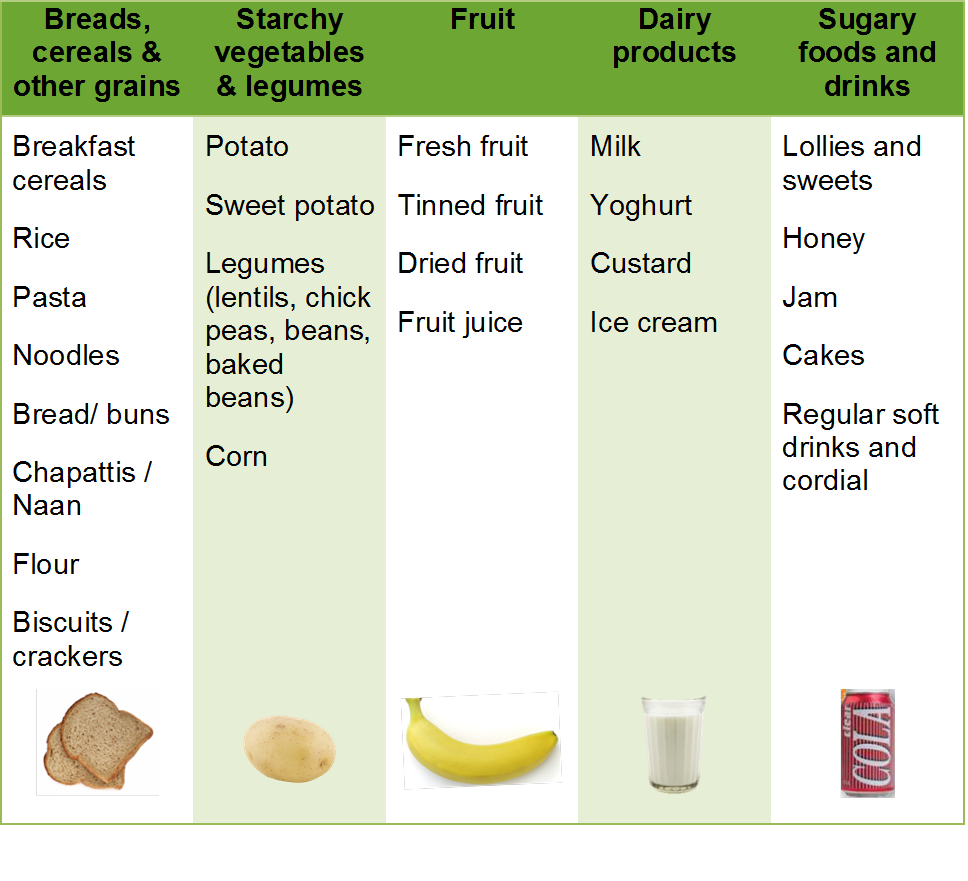
The National Weight Control Registry (NWCR) is an ongoing study that tracks the weight loss and maintenance of adults. Its purpose is to determine the factors that contribute to weight loss and maintenance. It is the largest prospective investigation of weight loss maintenance to date. Its results will provide information on the prevention, management, treatment, and cure of obesity. Drs. James O. Hill of the University of Colorado and Rena Wing of Brown Medical School.
Exercise beats restricting calorie intake
Exercise can help you feel happier, whether you are trying to lose weight or stay fit. Exercising too often or not enough can have a negative impact on your health. Walking is a great way to start.
Exercise is beneficial for the body and the mind. It can improve your mood and sleep, and it can reduce stress and pain. It also boosts your hormones and reduces the effects of stress. Do aerobics or dancing if you have limited time. Take a walk or do some other exercise when you're not working.

Better sleep quality
Recent studies show that people who have better sleep quality during weight loss are more likely to lose weight. A good night's sleep can make you more productive and less tired. Better sleep quality can help improve your cardiovascular health. Weight management is a great option to lower your risk of developing heart disease.
Studies show that poor sleep quality can contribute to obesity and lead to cardiovascular disease. Poor sleep, according to researchers, can cause inflammation that may increase the chance of developing cardiovascular disease. Bad sleep can also lead to high blood pressure, strokes, heart attacks, or high blood sugar. Additionally, obesity can be associated with sleep problems. This can lead to other health problems.
Morning chronotype
Studies show that people's metabolism and weight can be affected by their chronotype. Morning and evening chronotypes have more activity, while evening ones are more passive. Each has its own benefits and drawbacks. Knowing your chronotype could help improve your productivity, health, and sleep.
It's also important to be aware of when you're eating - and when you're not. Setting a time limit for your meals is crucial for weight control. It can lead to eating more than you need if you eat too late at night.

Reduce your dietary fat
The benefits of fat restriction for maintained weight loss have not been well-established. To maintain weight loss, it may be beneficial to reduce your fat intake. You can do this by limiting calories, reducing fat intake, and substituting lower-fat foods with higher-fat ones. There have been positive results from some studies regarding the effect of fat reduction on weight loss. Miller and Lindeman did a 1995 study.
Dietary Fat is a macronutrient essential for a healthy diet. Research has shown that dietary fatty acids can help the body absorb vitamins or antioxidants. The National Academy of Sciences recommends that you consume 20 to 35% of fat.
FAQ
Are cardio exercises a good way to lose weight quickly?
Cardio exercises are great to burn calories but they won't necessarily help with weight loss. It all depends on how much weight you have and what type of exercise you do.
Cardio exercises might not be enough to lose excess weight if your body is overweight.
These should be combined with diet and other forms of exercise.
You can lose weight by running or jogging. These cardio exercises burn more calories than any other type of exercise.
However, if you want to gain muscles instead of losing fat, you must perform resistance training. Resistance training requires the use of free weights and machines as well as elastic bands.
You can lose weight quickly by combining cardio and resistance training.
Combining cardio and resistance training is a great way to quickly lose weight.
What is the best exercise for busy individuals?
You can stay fit by exercising at home. You do not need to join a gym. You can do simple exercises at home without spending much money on equipment.
All you need is a pair dumbbells, mat, chair, and a timer.
It is important to be consistent in your exercise routine. If you are absent for a few weeks, you could lose your motivation.
Start by lifting weights 3x per week. This could be squats and lunges as well push-ups, pull ups, pull-ups (dips, curls), etc.
Once you have mastered these fundamental movements, you can begin to learn other types, including running, jumping rope and skipping.
Remember to pick the program that best suits your lifestyle when choosing an exercise program. For example, if you are working long hours, then you might want to avoid exercises that require too much energy.
If you are a night person, it's a good idea to work out during the evening rather that in the morning.
Be aware of your body and rest when you feel tired.
What Amount of Weight Can You Lose In A Week?
Your body fat percentage determines how much weight you are able to lose. To begin, you need to determine how much weight that you would like to lose. Next, find your BMI (Body Mass Index). Your BMI is a measure of how much weight you need to lose. If your BMI is 25 or greater, you're overweight. If your BMI is more than 30, you are obese.
Your BMI is calculated at 28.7 if your weight is 200. To get to a healthy weight range, you'd need 70 pounds of weight loss. To see if you're overweight, visit www.healthyminds.com/bmi/.
This formula can be used to calculate how many pounds you will lose each week once you have determined your BMI.
(Your Goal Weight - Current Weight)/BMI * 7 Number Of Pounds Lost Per Week
You would need to do 2 weeks of exercise to lose 50 lbs in one month. This is equal to 56 days. Divide that by 7 pounds per week. That works out to 8.3 pounds lost per week.
You could also try this calculator from www.weightlosscalculator.net. It will provide an approximate amount of calories that you would need daily to lose one pound per month.
Why Exercise is Important for Weight Loss
The human body is an incredible machine. It's designed to move. Moving our bodies is important for our health.
Exercise also burns calories and improves muscle tone. This makes you feel better physically and mentally. It is common to hear people say that exercise is essential for weight loss. But what exactly is it?
-
Exercise increases metabolism. Being active can increase your body's ability to use energy. Every time you move, your heart beats faster, blood flows to your muscles, and your lungs absorb oxygen. These activities all require energy. Your metabolic rate increases, which means you'll burn more calories while exercising. Calories refer to how much energy you use during physical activity.
-
Exercise reduces appetite. Working out will help you to eat less and make you feel fuller all day.
-
Exercise increases strength. Muscle tissue takes more energy to work than fat tissue. To maintain your current weight, you'll need less calories if muscle mass is increased.
-
Endorphins are released when you exercise. Endorphins are hormones that make you happy. They are released into the bloodstream during exercise. Endorphins are known to block pain signals from your brain. This creates a sense of well being.
-
Exercise boosts self-esteem Regular exercise leads to higher self-esteem. People who exercise regularly live longer and healthier lives.
Make small changes to lose weight. You can add one of these tips into your daily life today.
Statistics
- According to a study sponsored by the American Council on Exercise, a person weighing around 140 pounds (64 kg) would burn 108 calories at a 30-minute beginner's Pilates class or 168 calories at an advanced class of the same duration (26). (healthline.com)
- One study in 9 active men found that HIIT burned 25–30% more calories per minute than other types of exercises, including weight training, cycling, and running on a treadmill (18Trusted Source (healthline.com)
- According to Harvard Health, it's estimated that a 155-pound (70-kg) person burns roughly 112 calories per 30 minutes of weight training (5). (healthline.com)
- A 12-week study in 20 women with obesity found that walking for 50–70 minutes 3 times per week reduced body fat and waist circumference by an average of 1.5% and 1.1 inches (2.8 cm), respectively (healthline.com)
External Links
How To
How to Intermittent Fasting
Intermittent Fasting is a method of dieting where you only eat one meal per week, typically Monday through Friday. The goal is to decrease your overall calories and still get adequate nutrition. This helps you lose fat more quickly than if it were your normal meals for the entire week.
The most common form is to limit calories for certain days. This means you could skip breakfast every morning and still eat what you want the rest of the week. You could choose to eat three small meals per day rather than two big ones.
Many forms of intermittent fasting are available, such as alternate day fasting (5/2 fasts), 8/4 fasts and 16/8 fasts. There are pros and cons to each type of intermittent fasting. Alternate day fasting is the easiest way to start out because you don't have to make any major changes to your lifestyle. However, for some people it can be difficult to follow a strict diet, so they may prefer to explore other options.
If you want to try intermittent fasting, I suggest starting with alternate-day fasting. This will allow you gradually to transition into more extreme fasting habits without changing your lifestyle.